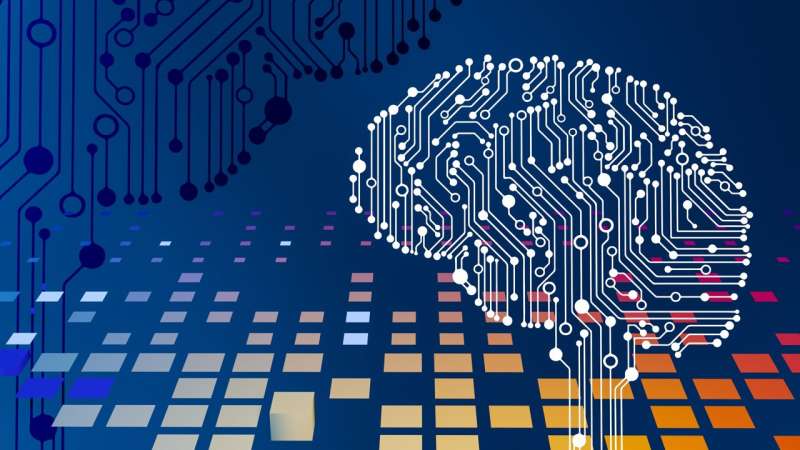February 27, 2025
The GIST Editors' notes
This text has been reviewed in keeping with Science X's editorial course of and insurance policies. Editors have highlighted the next attributes whereas making certain the content material's credibility:
fact-checked
trusted supply
proofread
Unmasking inequalities in AI: Analysis challenges concept that bias is a technical flaw

Researchers problem the widespread perception that AI-induced bias is a technical flaw, arguing as an alternative that AI is deeply influenced by societal energy dynamics. It learns from historic knowledge formed by human biases, absorbing and perpetuating discrimination within the course of. Which means that, moderately than creating inequality, AI reproduces and reinforces it.
The analysis is printed within the journal Technological Forecasting and Social Change.
"Our examine highlights real-world examples the place AI has bolstered present biases," Prof. Bircan says. "One hanging case is Amazon's AI-driven hiring software, which was discovered to favor male candidates, finally reinforcing gender disparities within the job market.
"Equally, authorities AI fraud detection techniques have wrongly accused households, notably migrants, of fraud, resulting in extreme penalties for these affected. These circumstances exhibit how AI, moderately than eliminating bias, can find yourself amplifying discrimination when left unchecked.
"With out transparency and accountability, AI dangers changing into a software that entrenches present social hierarchies moderately than difficult them."
AI is developed inside a broader ecosystem the place firms, builders, and policymakers make essential choices about its design and use. These decisions decide whether or not AI reduces or worsens inequality. When educated on knowledge reflecting societal biases, AI techniques replicate discrimination in high-stakes areas like hiring, policing, and welfare distribution.
Professor Bircan's analysis stresses that AI governance should lengthen past tech firms and builders. On condition that AI depends on user-generated knowledge, there have to be larger transparency and inclusivity in how it’s designed, deployed and controlled. In any other case, AI will proceed to deepen the digital divide and widen socio-economic disparities.
Regardless of the challenges, the examine additionally provides hope. "Reasonably than accepting AI's flaws as inevitable, our work advocates for proactive insurance policies and frameworks that guarantee AI serves social justice moderately than undermining it. By embedding equity and accountability into AI from the beginning, we will harness its potential for constructive change moderately than permitting it to strengthen systemic inequalities," Prof. Bircan concludes.
Extra data: Tuba Bircan et al, Unmasking inequalities of the code: Disentangling the nexus of AI and inequality, Technological Forecasting and Social Change (2024). DOI: 10.1016/j.techfore.2024.123925
Offered by Free College of Brussels Quotation: Unmasking inequalities in AI: Analysis challenges concept that bias is a technical flaw (2025, February 27) retrieved 27 February 2025 from https://techxplore.com/information/2025-02-unmasking-inequalities-ai-idea-bias.html This doc is topic to copyright. Other than any honest dealing for the aim of personal examine or analysis, no half could also be reproduced with out the written permission. The content material is supplied for data functions solely.
Discover additional
Q&A: Regulation knowledgeable discusses how AI might be ruled by an 'fairness by design' framework shares
Feedback to editors
